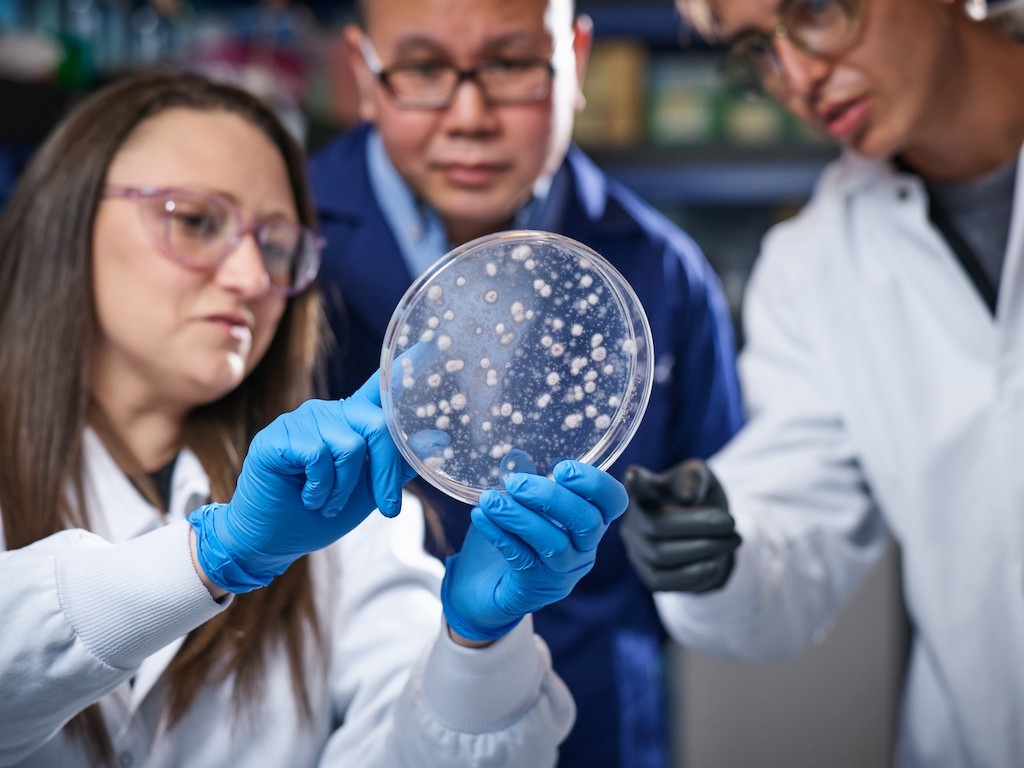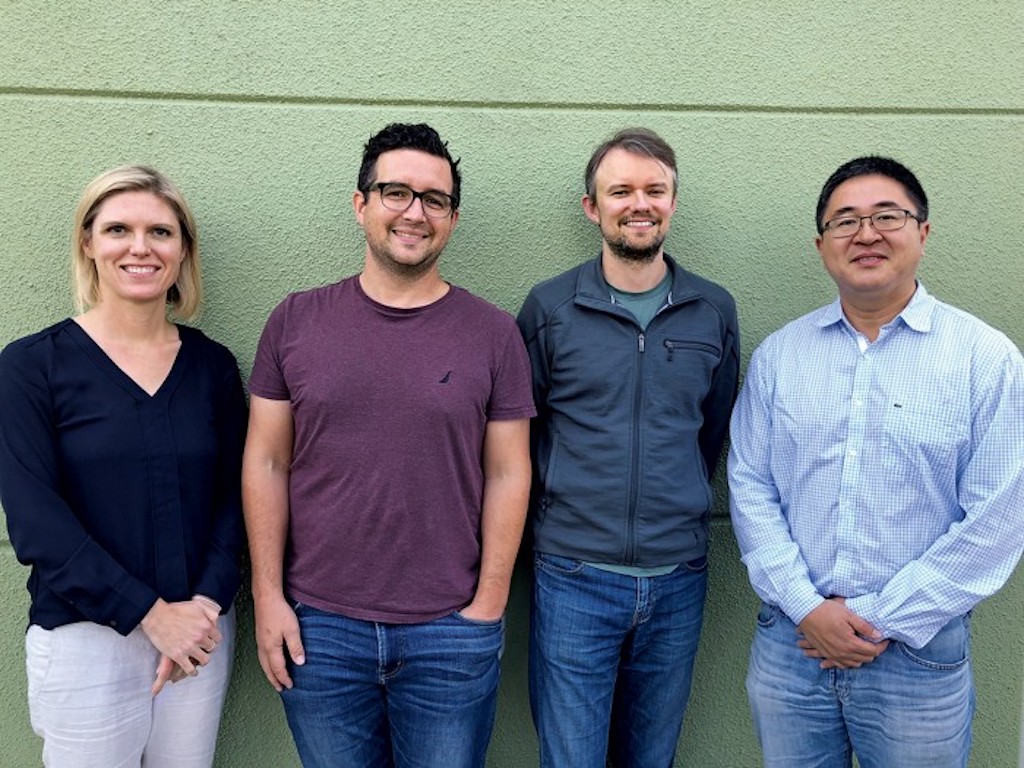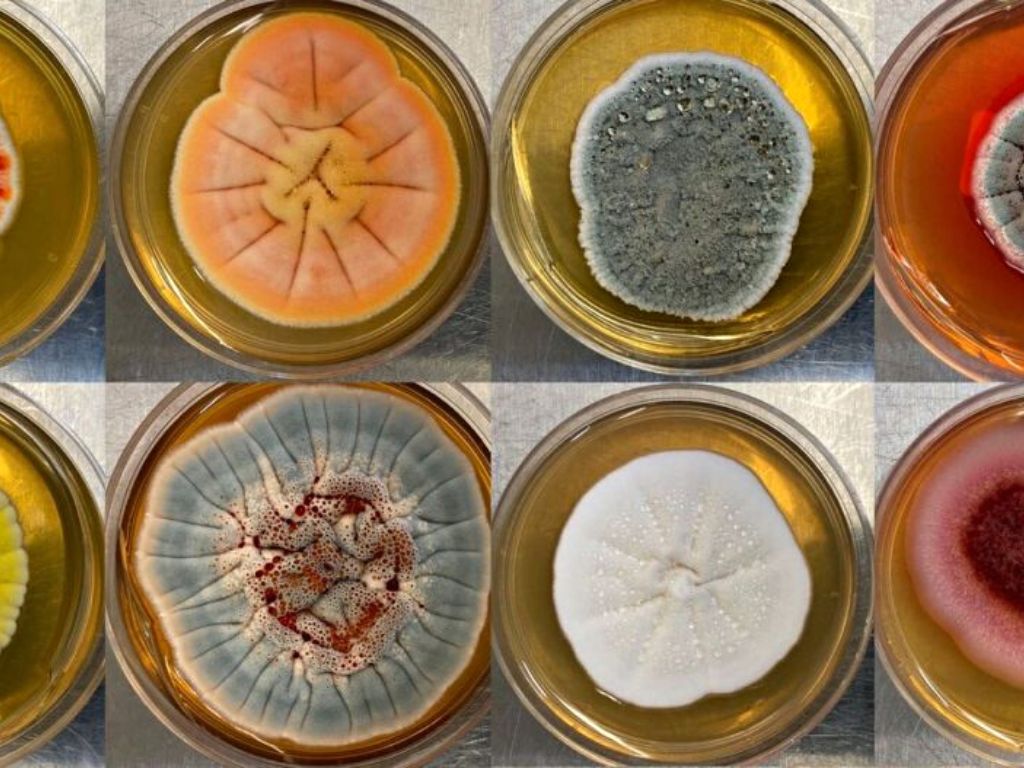Hexagon Bio Raises a $47 Million Series A to Develop Fungi-Based Medicine
3 Mins Read
California-based Hexagon Bio has closed a $47 million Series A funding round led by The Column Group, with participation from 8VC and Two Sigma Ventures.
Hexagon is using first-of-its-kind proprietary genomics technology to develop secondary metabolites—small molecules produced by bacteria, fungi, and plants—to combat human disease. Examples include the antibiotic penicillin and the cholesterol-lowering drug lovastatin. The initial focus for Hexagon will be oncology and infectious disease, but it can also explore immunology, cardiovascular, neurological, and metabolic disorders.
The raise comes as the company appoints Tod Smeal, formerly of Eli Lilly, Pfizer and SUGEN, as Chief Scientific Officer. “Tod Smeal’s track record at delivering clinical candidates, combined with his leadership experience in building drug discovery teams, will enable the company to enter its next phase: developing new targeted therapies identified by Hexagon’s platform,” Hexagon CEO, Maureen Hillenmeyer, said in a statement.
Targeting human disease
“Hexagon has shown that we can build small molecules targeting key proteins in human disease, using our database of microbial genomes. Now it’s time to scale up, and Hexagon is exceptionally well poised to do so using automation and large-scale DNA sequencing of microbes, starting with fungi,” Hillenmeyer said.
According to Hexagon, nearly half of FDA-approved small molecule cancer drugs and 73 percent of all antibiotics are sourced from secondary metabolites. But the company says a lack of mechanistic understanding of targets has slowed progress. Hexagon says that can change with algorithms that can allow it to bypass traditional screening methods.

“I am excited by Hexagon’s vision of genomics-driven discovery of secondary metabolites that target disease-driving proteins. The molecules that result from Hexagon’s platform have evolved to target specific proteins and are cell-permeable, making them excellent starting points for drug discovery,” said David Goeddel, Hexagon’s new Chairman of the Board of Directors.
“Drug resistance in human fungal and bacterial infections is a growing threat with the potential to severely limit treatment options for patients,” said Dusan Perovic, Principal at Two Sigma Ventures. “We are proud to support the world-class engineers and data scientists at Hexagon as they work to leverage software and automation to build the next wave of targeted therapies and expand treatment options for infectious diseases.”
A new generation
“We really view [Hexagon] as the first of a new generation of computational driven big pharma companies,” says Alex Kolicich, a founding partner of venture firm 8VC and Hexagon Bio board member. “From day one I thought they had a really strong ambition.”

While a few thousand fungal genomes have been studied, Hexagon says there are millions more that could hold therapeutic benefits but the vast majority have not been studied for treating human diseases.
“There’s an estimated 5 million fungal species on the planet, and only 5,000 have been studied so far,” Hillenmeyer says. “That’s going to keep us busy for a while.”



